This memo focuses specifically on the month of August (data coding and upload lags by a month) for the eight NSRP focus states: Borno, Yobe, Kano, Kaduna, Plateau, Rivers, Bayelsa, and Delta.
Tag Archives: Nigeria
Violence Affecting Women and Girls Quarterly Report 1
- 10 September 2014
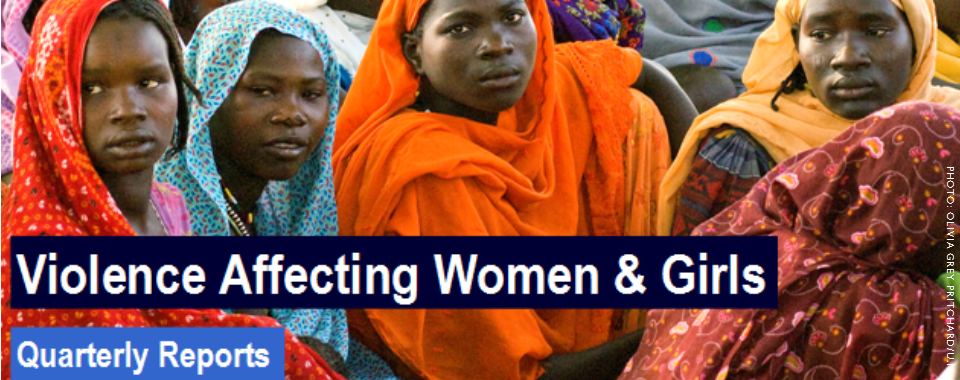
BY PATRICIA TAFT* The following report summarizes the main findings as detailed in three memos, produced during the first quarter of data collection and analysis. The first report, produced in July, contained a detailed baseline analysis of violent incidents and VAWG from 2009 through January 2014. The second memo analyzed the first quarter of 2014 […]
Violence Affecting Women and Girls Monthly Memo – July 2014
- 09 September 2014
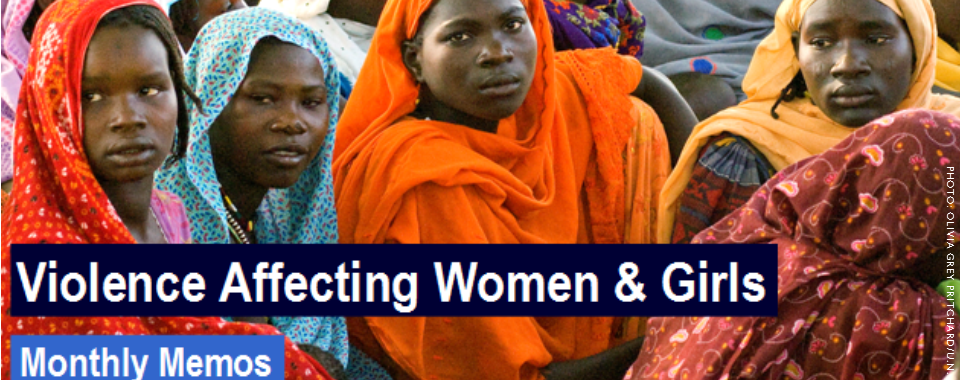
This memo focuses specifically on the month of July (data coding and upload lags by a month) for the eight NSRP focus states: Borno, Yobe, Kano, Kaduna, Plateau, Rivers, Bayelsa, and Delta.
July 2014 Conflict Bulletins Now Available for Niger Delta States
- 12 August 2014
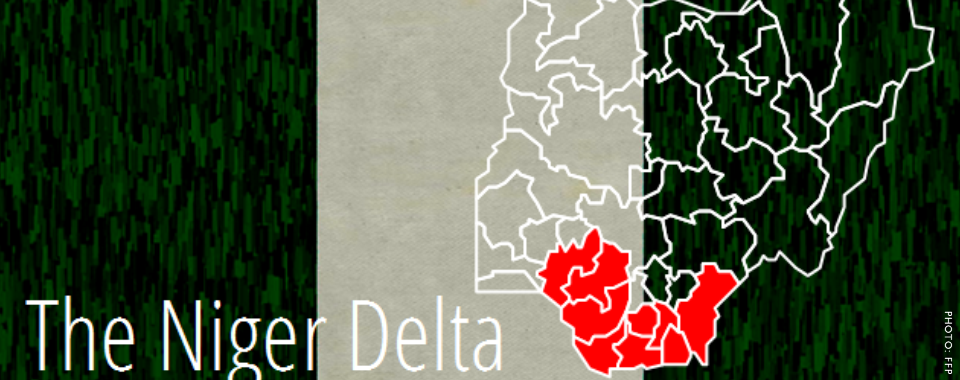
BY NATE HAKEN AND MARCELA AGUIRRE In partnership with PIND, The Fund for Peace collects data from a range of sources to cross-validate trends and track patterns of conflict risk at the state and local levels, which is then displayed on the P4P Peace Map.
Conflict Bulletin: Abia State – July 2014
- 31 July 2014
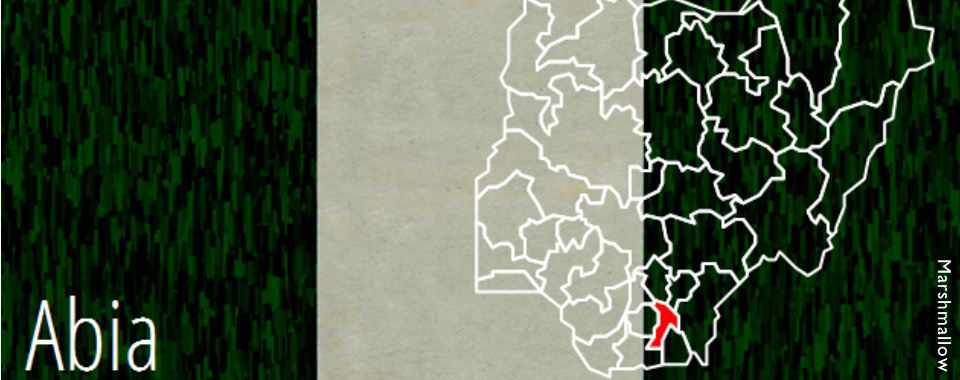
BY NATE HAKEN* Abia State has an estimated population of 2.4 million, predominantly of Igbo origin. Comparatively, it has not experienced the levels of violence and insecurity that other states in the Niger Delta have over the time period analyzed (although there was a sharp uptick in violence in 2010 associated with a surge in […]
Conflict Bulletin: Imo State – July 2014
- 31 July 2014
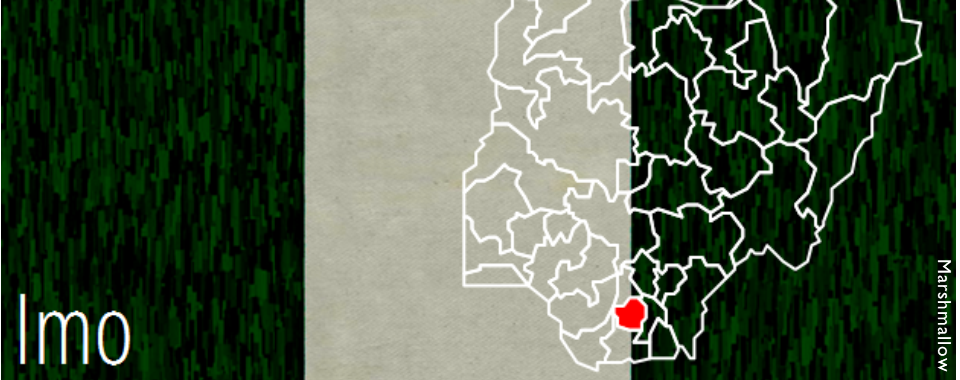
BY NATE HAKEN* Imo state has a population of approximately 3.9 million people, according to the 2006 census. The population is predominantly Igbo (98%). The capital city of Owerri is the largest in the state. Imo is made up of 27 Local Government Areas (LGAs).
Conflict Bulletin: Edo State – July 2014
- 29 July 2014
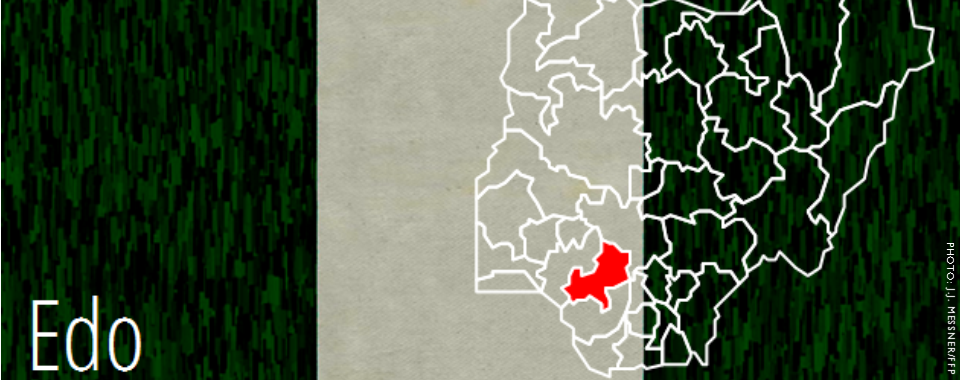
BY NATE HAKEN* Landlocked between Ondo, Kogi and Delta States, Edo is home to about 3.2 million people (2006 census), predominantly of Edo, Bini, Owan, Esan, and Afemai background. Edo’s economy centers around agriculture, including food crops such as yams, cassava, rice or maize and cash crops such as rubber, palm oil, cotton, cocoa and […]
Conflict Bulletin: Ondo State – July 2014
- 29 July 2014
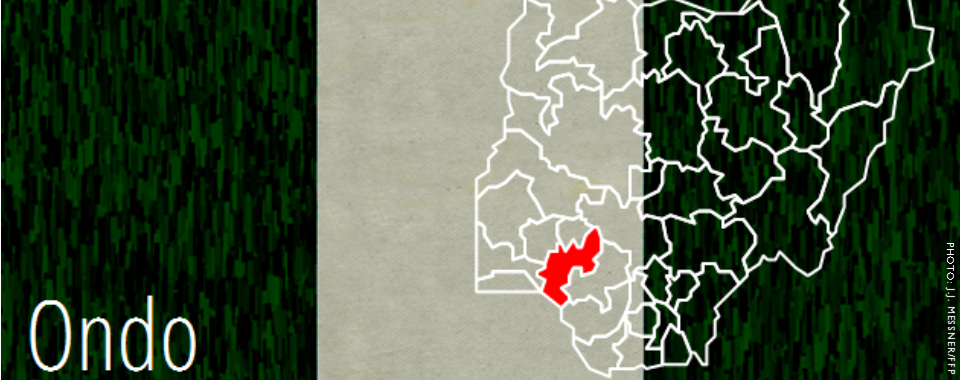
BY PATRICIA TAFT* Ondo state has a population of approximately 3.44 million according to the most recent census (2006). The majority are of Yoruba descent, with a sizable minority of those from Ijaw subgroups, particularly along the coast. Ondo derives most of its revenue from the production of cocoa, palm oil, rubber, lumber, and cassava. […]
Conflict Bulletin: Akwa Ibom State – July 2014
- 29 July 2014
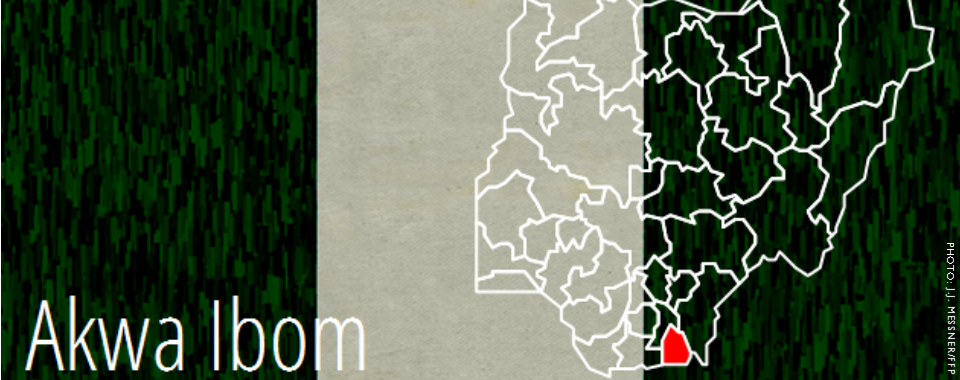
BY PATRICIA TAFT* Akwa Ibom has a population of about 3.9 million people according to the 2006 census. Predominantly inhabited by the Ibibio people, the state is also home to Annang, Oron, Obolo and Eket communities. Endowed with large deposits of crude oil, condensate and gas, Akwa Ibom is among the largest petroleum producers in […]
Conflict Bulletin: Rivers State – July 2014
- 10 July 2014
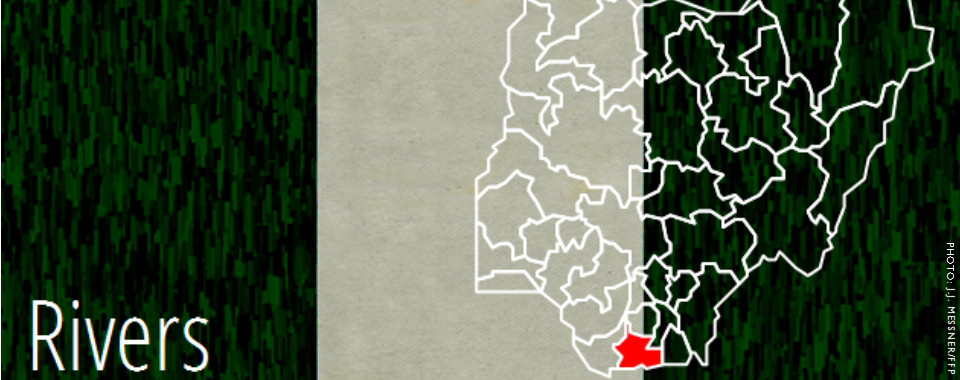
BY NATE HAKEN* Among the largest of the oil-producing Nigerian states, Rivers had been at the heart of the Niger Delta militancy until 2009. Currently, the state is beset with a different array of issues as some former combatants have turned to criminality and uneven economic development continues to pose a challenge to sustainable peace […]